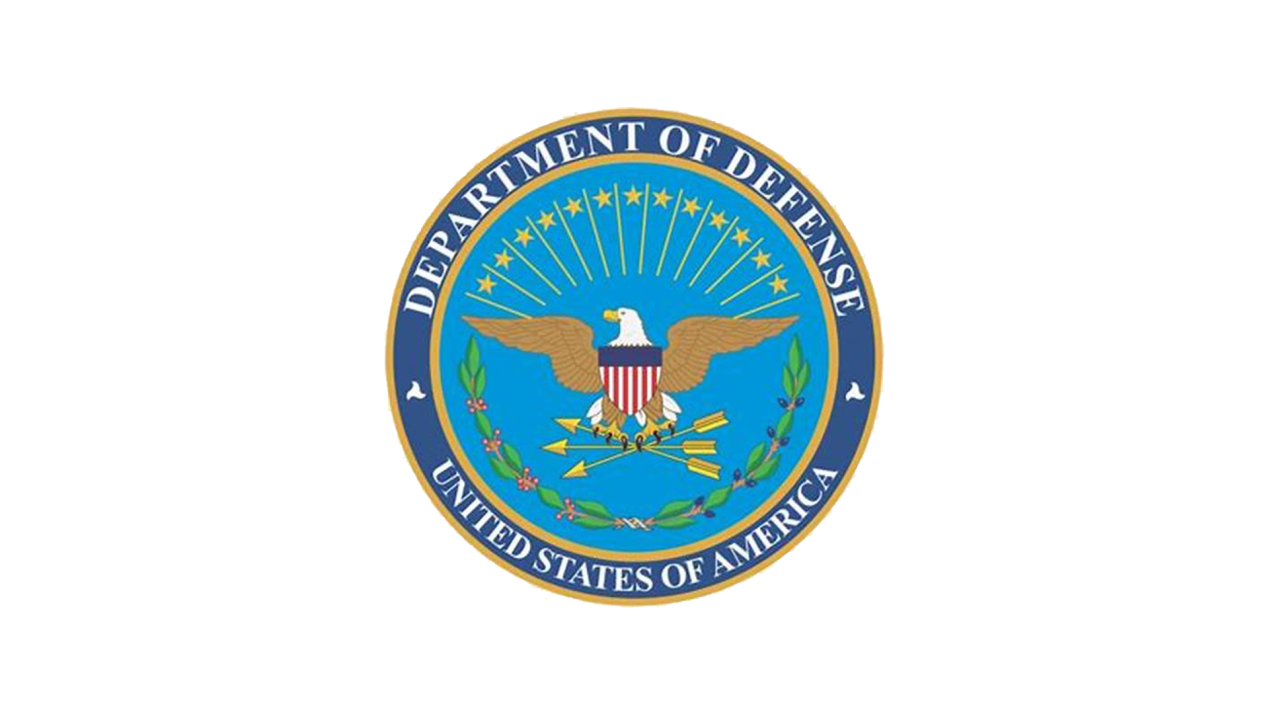
Why Skills-First Leadership Is Replacing the Ivy League Playbook in the C-Suite
The old prestige pyramid—where Ivy League degrees and blue-chip consulting backgrounds paved the way to the CEO seat—is cracking.

The United States Department of Defense (Pentagon) has been embroiled in an internal struggle over establishing and controlling a new Cyber Force. This proposed force aims to bolster the nation’s cyber defense capabilities and offensive cyberwarfare prowess in an increasingly digital age. However, disagreements among various branches of the military and political factions have impeded progress on this critical initiative.
The concept of a unified Cyber Force has been debated for years. Proponents argue that it would streamline cyber operations, enhance coordination, and foster innovation. On the other hand, opponents contend that such a force would disrupt existing military structures and potentially lead to a loss of expertise and autonomy within individual services.
The Air Force has long championed the idea of a separate Cyber Force, advocating for its creation as a new military service. They argue that this would elevate the importance of cyberwarfare and attract top talent to the field. However, other services, such as the Army and Navy, have expressed concerns about the potential impact on their cyber capabilities and missions.
The Pentagon’s leadership has been caught in this internal debate, attempting to balance the competing interests of the various services. While some senior officials support the creation of a Cyber Force, others have voiced skepticism about its necessity and feasibility.
The political landscape has also significantly shaped the debate over a Cyber Force. Congress has held hearings and introduced legislation related to cyber security and military organizations. Lawmakers have expressed differing views on the optimal structure for a Cyber Force, with some favoring a unified approach and others preferring a more decentralized model.
The ongoing struggle for control of a new Cyber Force highlights the complexities of modern warfare and the challenges of adapting to the evolving threat landscape. As cyberattacks become increasingly sophisticated and destructive, a robust and coordinated cyber defense posture has become paramount. The Pentagon’s ability to resolve its internal divisions and establish a unified Cyber Force will be crucial in determining the United States’ future cyber security and military capabilities.

The old prestige pyramid—where Ivy League degrees and blue-chip consulting backgrounds paved the way to the CEO seat—is cracking.

Loud leaders once ruled the boardroom. Charisma was currency. Big talk drove big valuations.

But the CEOs who make history in downturns aren’t the ones with the deepest cuts

Companies invest millions in leadership development, yet many of their best executives leave within a few years. Why?

The most successful business leaders don’t just identify gaps in the market; they anticipate future needs before anyone else.

With technological advancements, shifting consumer expectations, and global interconnectedness, the role of business leaders

Following a distinguished Law Enforcement career Joe McGee founded The Securitatem Group to provide contemporary global operational specialist security and specialist security training products and services for private clients, corporate organisations, and Government bodies. They deliver a wide range of services, including complete end-to-end protection packages, close protection, residential security, protection drivers, and online and physical installations. They provide covert and overt investigations and specialist surveillance services with a Broad range of weapons and tactical-based training, including conflict management, risk and threat management, tactical training, tactical medicine, and command and control training.

Jay Wright, CEO and Co-Owner of Virgin Wines infectious energy, enthusiasm, passion and drive has been instrumental in creating an environment that encourages talent to thrive and a culture that puts the customer at the very heart of every decision-making process.

Fabio de Concilio is the visionary CEO & Chairman of the Board at Farmacosmo, a leading organization dedicated to mental health and community support services. With a deep commitment to identifying and meeting customer needs, Fabio ensures that high standards are maintained across the board.

Character Determines Destiny – so said Aristotle. And David CM Carter believes that more than anything else. For David, it has been numerous years of research into codifying Entelechy Academy’s 54 character qualities that underpin everything he stands for as a leader and teacher.


Leave us a message
Subscribe
Fill the form our team will contact you
Advertise with us
Fill the form our team will contact you